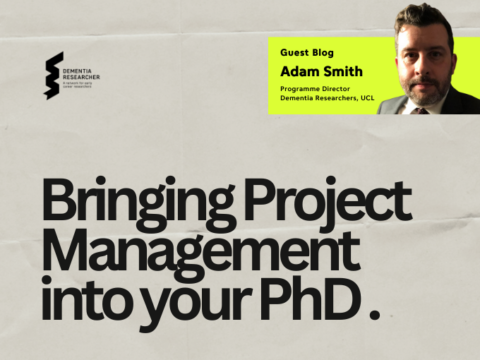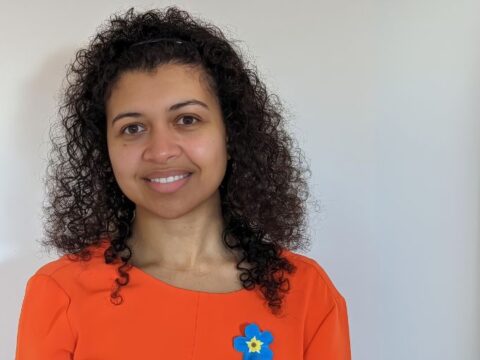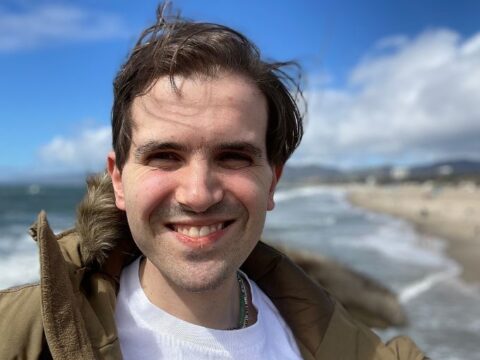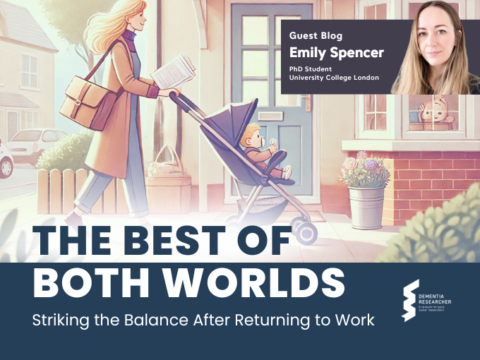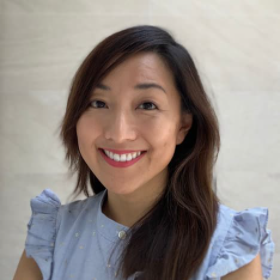
Dr Soyon Hun
Name:
Dr Soyon Hong
Job title:
Group leader
Place of work / study:
UK Dementia Research Institute at University College London
Area of Research:
Microglia-Synapse Biology in Dementia
How is your work funded?
UK DRI Ltd (UKRI MRC, Alzheimer’s Society, Alzheimer’s Research UK), Chan-Zuckerberg Initiative, Bright Focus Foundation, Eisai, Neurogenetics Therapies (Sigrid Rausing Trust), Wellcome Trust PhD Studentship, AstraZeneca-BBSRC iCASE Studentship.
Tell us a little about yourself:
I study immune mechanisms of synaptic health and function in the central nervous system. In particular, my lab examines how microglia, the brain’s principal tissue-resident macrophages, communicate with other immune cells and glia including astrocytes to eliminate synapses in Alzheimer’s disease and Parkinson’s disease. I received my PhD in Neuroscience from Harvard University and completed my postdoctoral fellowship at Boston Children’s Hospital/ Harvard Medical School. I moved to the UK and started my independent laboratory in UK Dementia Research Institute at UCL October 2018. Over my career I have studied microglia biology with Thomas Möller and Michel Kliot (2002-2006), Alzheimer-type synapse pathology with Dennis Selkoe (2007-2012), and microglia-synapse pruning with Beth Stevens (2012-2018), it is there that I identified microglia as synaptic saboteurs.
Tell us a fun fact about yourself:
Not fun, but it may be a surprise for people to hear that I am legally blind.
Why did you choose to work in dementia?
I read two books that got me hooked—”Tuesdays with Morrie” (a beautiful memoir by Mitch Albom of his mentor Morrie Schwartz) and “The Man Who Mistook His Wife for a Hat” (by the truly brilliant & ingenious Oliver Sacks). Tuesdays with Morrie broke my heart and gave me a strong desire to be a part of hope, and Oliver Sacks’ book really blew my mind and expanded the world of then-20-year-old me. Coincidentally I came across an article in the university student newspaper describing a new collaborative research on ALS (the disease that Morrie was suffering from). I immediately emailed the professor leading the project (Dr Michel Kliot) expressing my keen interest to be a part in any way I can – I had zero experience in research at that time. I am so grateful that he said yes! The door into this research opened more doors, leading me to become fascinated by how our brains degenerate and lose memory. Hence for my PhD studies I chose to study patho-mechanisms of Alzheimer’s disease with Dr Dennis Selkoe.
What single piece of advice would you give to an early career researcher?
Find mentors that take mentorship seriously and are willing to invest in you their time and effort.

 Print This Post
Print This Post

